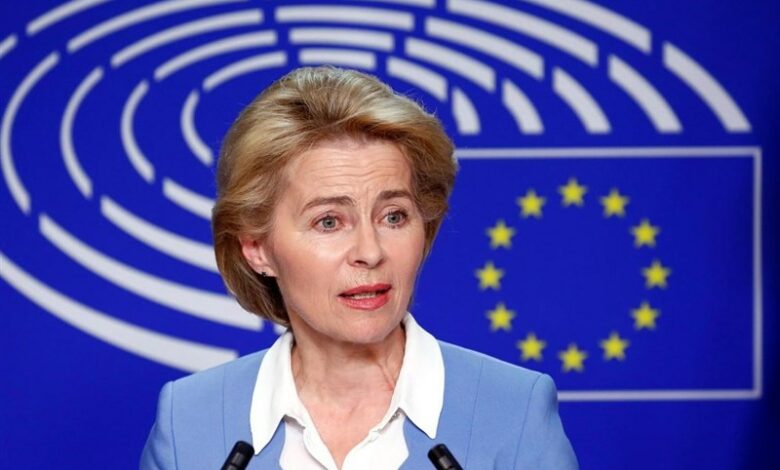How the war in Ukraine and conflicts in West Asia revealed Europe’s weakness?

| In an article, a western media pointed out the apparent weakness and disunity of Europe during the war in Ukraine and conflicts in West Asia. |
This article continues: Europe becomes stronger through crises. Anyone who talks to experienced European politicians who once again complain about the crisis in the EU will quickly hear this. Then the great historical arc is quickly drawn by them: every dispute over referendums, constitutional changes or new members will eventually bring Europe closer together. According to European veterans, the global economic crisis, especially the Euro crisis, paved the way for new financial monitoring tools, and the Corona crisis increased the power of the Commission, and even Brexit was ultimately a European success story and showed that the Union cannot be divided. Still, no one has copied this step, and the British are not very happy with this decision. It looked surprisingly united, but the familiar separation and disunity of foreign policy has long since become a part of everyday life there again. In the shadow of this lack of unity, the Europeans are not even able to deliver the ammunition they promised for a long time to Ukraine. It was already clear that some Eastern European countries no longer want to be Ukraine’s partners.
On the other hand, in the Middle East, Europeans cannot even agree on a common line. Ursula von der Leyen, the president of the European Commission, faced strong headwinds in her early support for Israel, and when it came to the UN resolution on the West Asian conflict, the European side expressed everything from approval to abstention and rejection. And opinions differed.
The following seems to still apply in Europe: when it comes to national interests, each national government is closer to itself, even after European speeches about the necessity There is a common European army, joint arms purchases, a European diplomatic service or even a permanent EU seat on the UN Security Council.
This lack of European unity is not only shameful, but very dangerous. Especially since the “turning point” has long been declared and the “worthiness of war” is again being openly debated.
It continues: We live in a world that has long been It is polarized. The world’s former policeman (the United States of America) no longer wants to play this role, and this is evident in the debate over ending aid to Ukraine in the hopelessly divided US Congress. But the Americans can no longer play it, because they have long become a powerful opponent in China, and therefore there is a growing desire in Washington to leave the “European” conflicts to the Europeans. Joe Biden, the democratic president of the United States – who is still equipped with real interest and knowledge about Ukraine, Europe and Germany – is worrying and difficult enough. But what would happen if Trump returned to the White House openly threatening to dissolve NATO and end US aid to Ukraine within 24 hours?
In Berlin, despite an increasingly ominous rise in poll numbers In this regard, those in power refuse to even think about this scenario. They hope that Biden will win again. France, which has always wanted to break free from Washington, is thinking about the future and wants to discuss a new European security strategy. But to really take this issue seriously, Europe must first act as one. Unfortunately, despite the obvious necessity, there is currently no sign of this happening.
end of message/
| publisher | Tasnim News |


